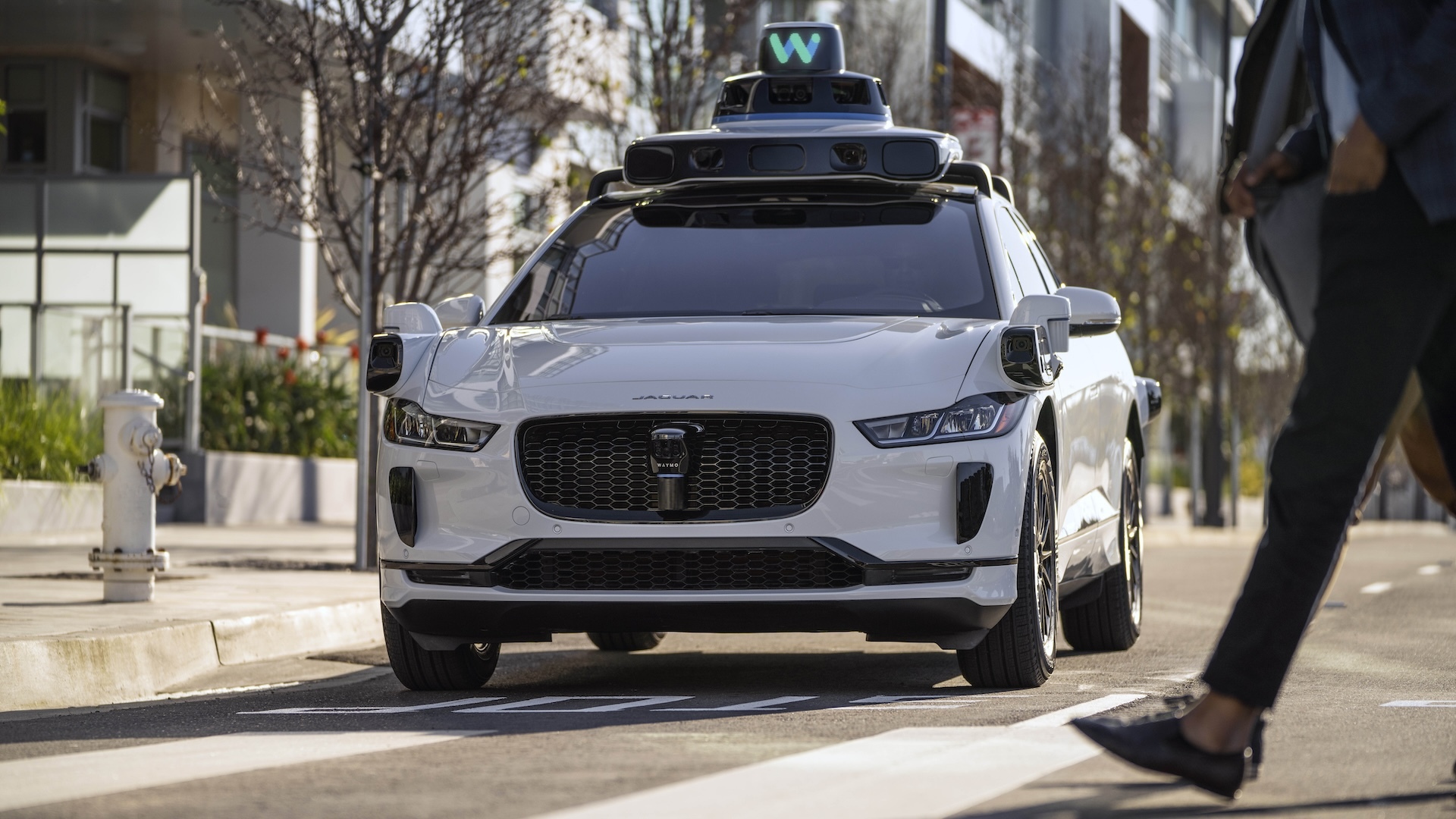

One of the main arguments proffered by self-driving cars’ proponents is safety. Once the technology has been perfected, they say crashes will be a thing of the past. Just one more update bro, please bro, our software totally isn’t still in beta, bro. Americans have heard those lines for years now, and seen supposedly self-driving cars implicated in crash after crash. They don’t seem to be buying it any more, as a new survey has found that Americans have much more faith in improved driver education than autonomous vehicles.
Run by automotive data firm Arity, the survey consulted 1,000 licensed U.S. drivers on a variety of topics related to road safety. Some of the most interesting takeaways concerned the role self-driving cars are expected to play in U.S. road safety within the next five years. Trust in them reached a new low in this study, with only 23 percent of respondents believing driverless cars are our best hope for improving safety in the short-term. That’s down from 34 percent in a survey conducted in January—a significant decrease even accounting for margin of error.

Instead, Americans are putting their trust back into human drivers, in spite of worsening driver behavior in recent years. Arity indicates distracted driving has increased 32 percent since before COVID-19, and that speeding has increased too (the amount was unspecified). Still, 59 percent of respondents said improved driver education would have the biggest effect on road safety, outpacing more achievable tech solutions than driverless cars. Their likes include advanced driver assists and speed governors, which most Americans aren’t interested in having in their cars according to The Zebra. Just 53 percent favored these options.
No matter where you stand on the long-term potential of self-driving, it can’t be ignored that the technology isn’t even close to ready for mass deployment. Road safety solutions that can be implemented now are more practical than those that hinge on a technology that has yet to prove it isn’t a dead end. A wise man once said that there’s a difference between a dream and a plan, and it’s not hard to figure out which is which here.
Got a tip or question for the author? You can reach them here: james@thedrive.com